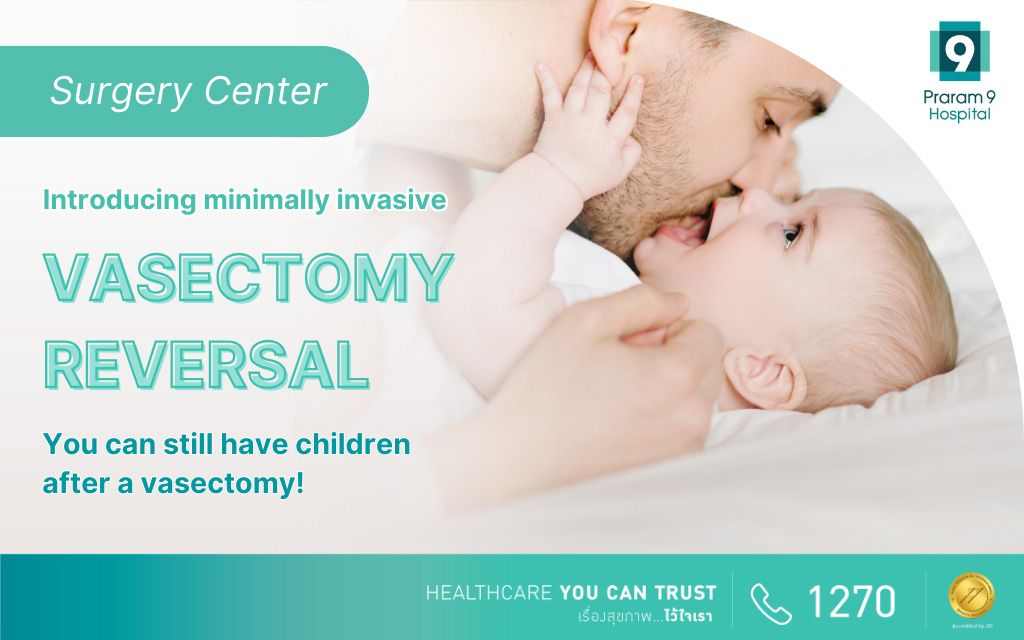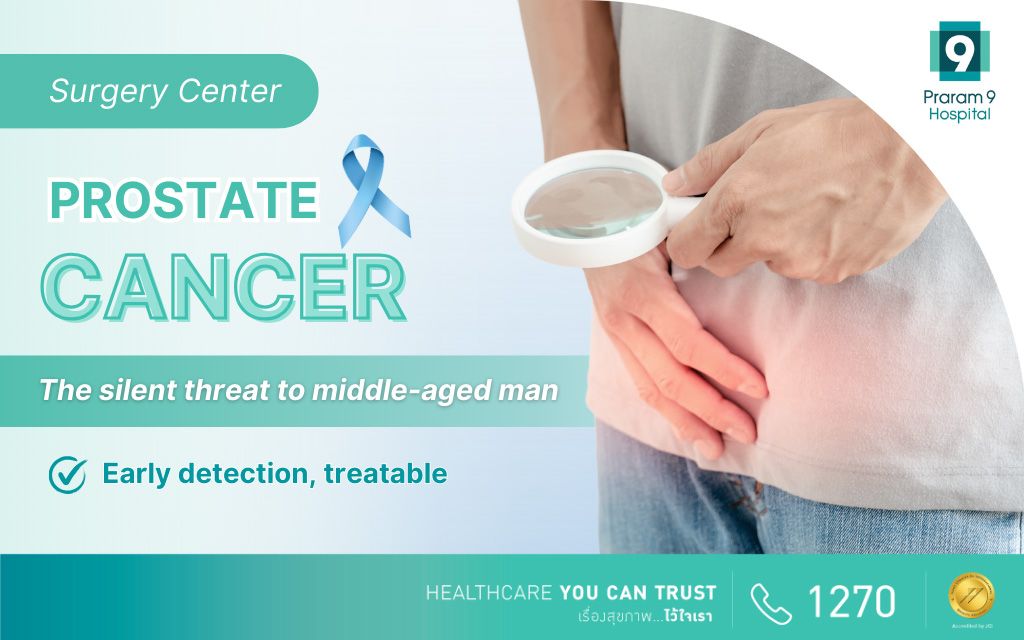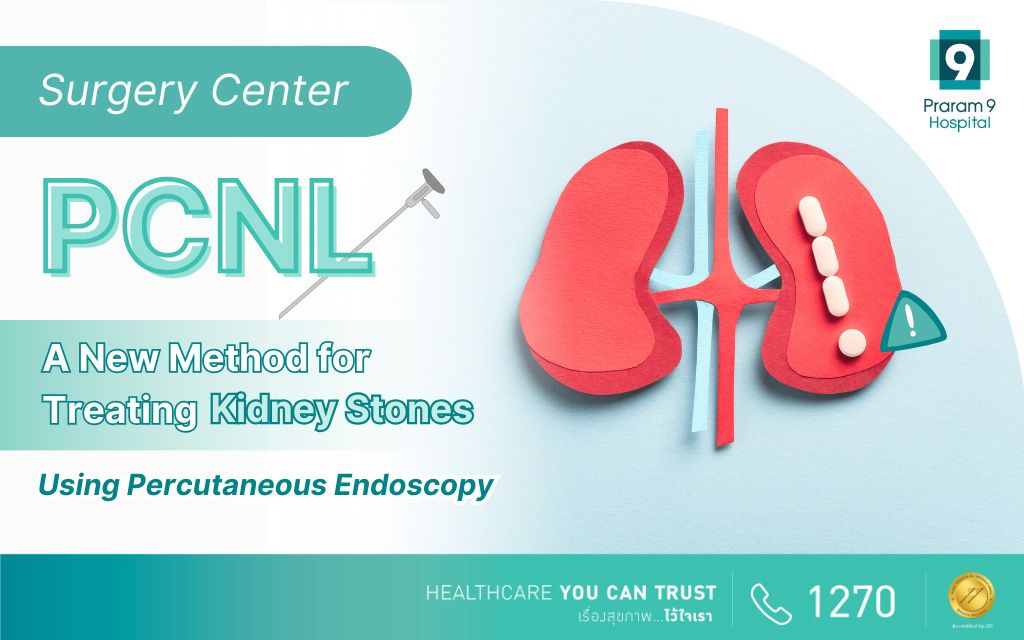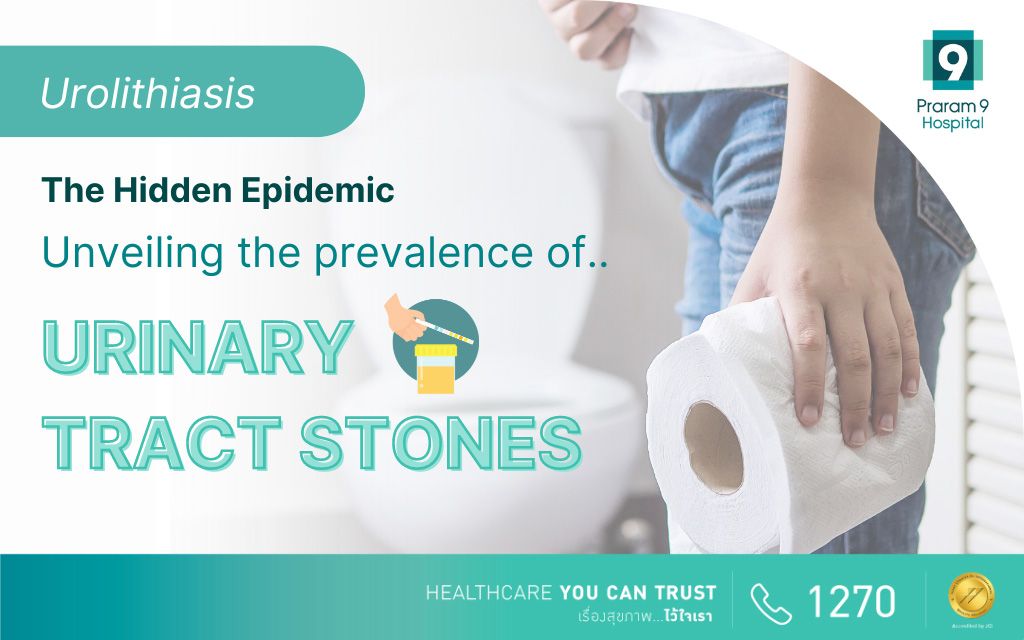Surgery Center

Operating Hours
Open Daily: 7.00 - 20.00
Page Information
Video consultation with doctors via video call (Telemedicine)

Video Consultation with Praram 9 V
Video Constulation with Doctor at Anytime, Anywhere via PRARAM 9 V
Praram 9 Hospital
Operating Hours
Open Daily: 7.00 - 20.00
The Surgical Center at Praram 9 Hospital offers a full range of surgical specialties. Our multidisciplinary team of surgeons and specialists are well experienced and amongst the top in the country.
Service
- General Surgery
- Cardiothoracic Surgery (heart & chest surgery)
- Vascular Surgery
- Neuro Surgery
- Pediatric Surgery
- Urological surgery
Operating Hours:
Open Daily: 7.00 - 20.00
Center Physicians
All Doctors in the Center
Related Health Articles
View All
Copyright © 2024 All Rights Reserved | Praram 9 Hospital



















